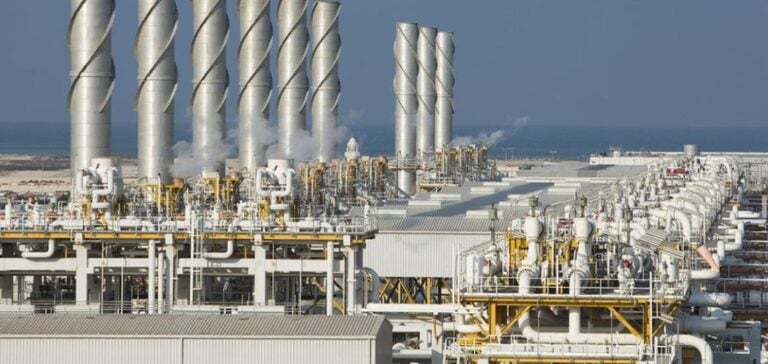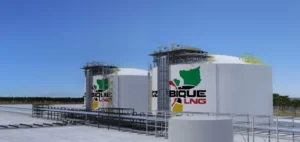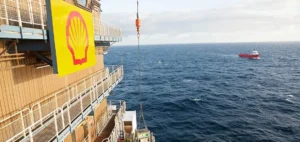Qatar, through its company QatarEnergy, has announced a major agreement with Taiwanese company CPC for the supply of LNG over a 27-year period. The agreement, signed in Doha, provides for the delivery of 4 million tonnes of LNG per year, although financial details have not been disclosed.
A stronger strategic partnership
Qatar’s Minister of Energy and CEO of QatarEnergy, Saad al-Kaabi, expressed his enthusiasm for the agreement, stressing the importance of strengthening relations with CPC.
“We look forward to further strengthening our relationship with CPC and demonstrating our unwavering commitment to our customers and partners worldwide,” he said.
Qatar’s role in the global LNG market
As one of the world’s largest LNG producers, alongside the USA and Australia, Qatar plays a crucial role in the global energy market. Asian countries such as China, Japan and South Korea are among its main customers. However, since the invasion of Ukraine, Qatar has also attracted the interest of European countries looking for alternatives to Russian gas.
CPC’s interest in North Field East
The agreement signed with CPC also includes the latter’s participation in the North Field East project in Qatar. This project is part of a larger expansion of the offshore North Field, the world’s largest natural gas deposit. Shun-Chin, President of CPC, said that his company’s participation would strengthen the cooperative relationship between the two countries.
Ambitious targets for Qatar
Last February, Qatar announced its intention to increase its LNG production capacity to 142 million tonnes per year by 2030, thanks to the North Field West expansion project. The country has signed several long-term LNG supply agreements in recent months, with companies such as TotalEnergies, Shell, Petronet, Sinopec and Eni. These agreements reflect Qatar’s strategy of consolidating its position in the global energy market. The 27-year contract signed with Sinopec in 2022, billed as the longest in the industry, is a striking example.
With these new collaborations and expansions, Qatar is positioning itself not only as a key supplier for its Asian partners, but also as a viable alternative for European markets seeking energy diversification.






















